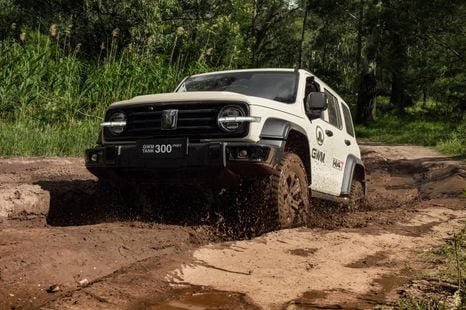

William Stopford
2026 GWM Tank 300 Hi4-T PHEV priced, significantly undercuts Denza B5
3 Hours Ago
Tesla is reportedly looking at sourcing batteries from Chinese company BYD, which could be used in a sub-Model 3 vehicle.

News Editor
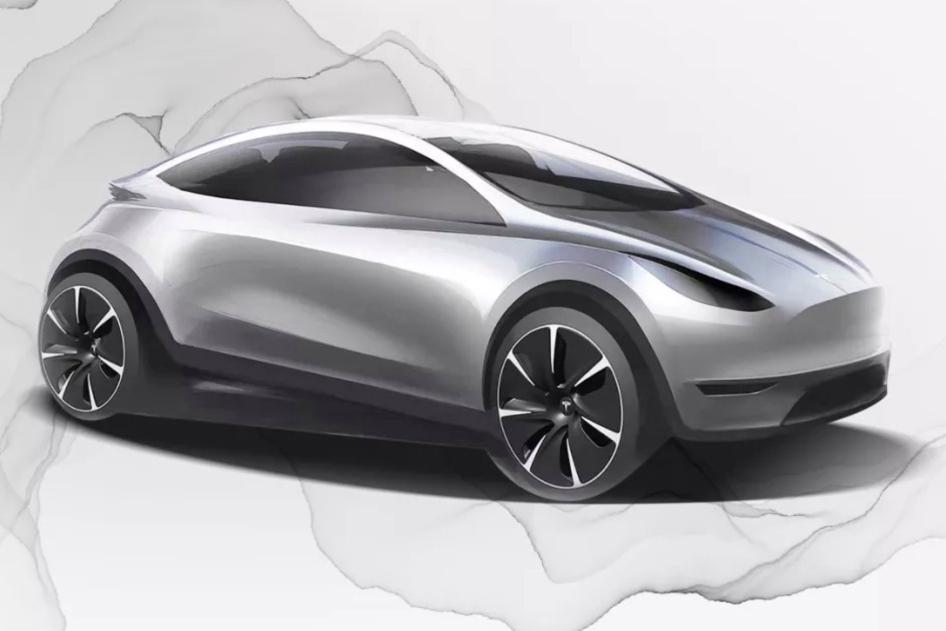

News Editor
Tesla’s long-rumoured cheaper model could be coming to life with a little help from Chinese automaker BYD.
A report published on cls.cn says BYD, which produces a wide range of electric vehicles, will supply its Blade Battery from the second quarter of 2022, according to insider sources familiar with the matter.
Tesla and BYD haven’t commented.
Tesla CEO Elon Musk has previously said the company needed to introduce a smaller, more affordable car, targeting a US$25,000 (A$33,756) entry price.
For context, the most affordable Model 3 costs just under US$40,000.

It released a sketch of a model earlier in 2021 that could be this sub-Model 3 entry.
Musk announced the company was working on a new entry-level vehicle at the 2020 Battery Day event, and said it would use new ‘tabless’ batteries developed in-house.
These batteries were said to be six times more powerful than Tesla’s existing batteries and increase range by 16 per cent.
Tesla previously sourced all its batteries from Panasonic, which now also supplies batteries to other automakers. The Driven reports it’ll continue to source batteries from Panasonic until 2030.
It signed a deal with Chinese battery manufacturer CATL earlier this year to source batteries for Chinese-built Model 3 and Model Y vehicles until 2025. Australian-market Model 3 models are now sourced from China.
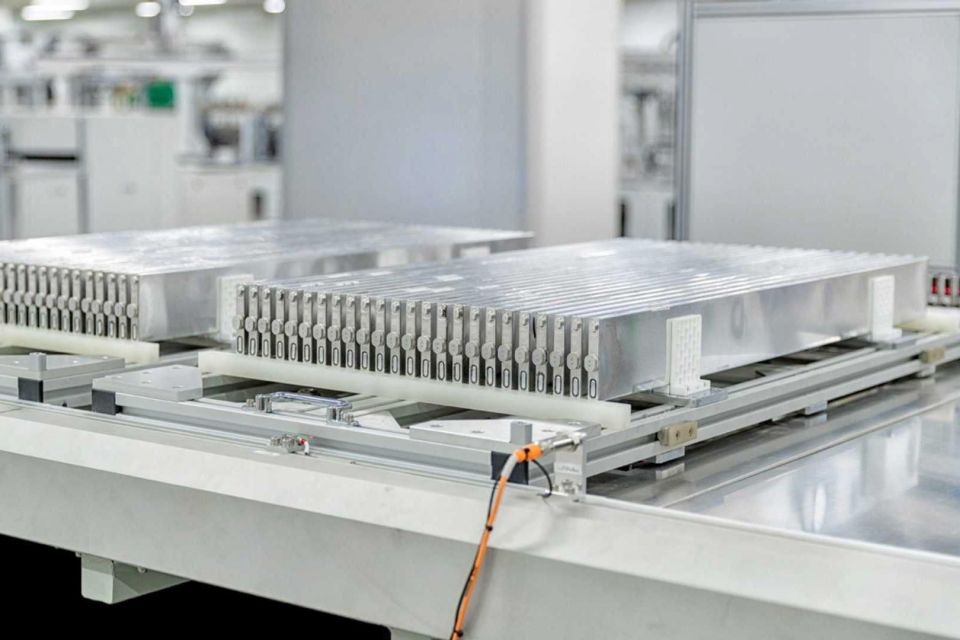
The latest generation of BYD’s electric cars use the Blade Battery, including the T3 van and E6 people mover now being imported to Australia by Nexport and sold via EVDirect.com.au.
BYD produces batteries with capacities from 45kWh all the way up to 86.4kWh.
The Blade Battery is called this due to its slim structure.
Using lithium-iron-phosphate chemistry, the Blade Battery is said to boast slow heat release and low heat generation and is said to be far less susceptible to catching fire, with BYD making battery safety a primary focus in its testing.
BYD also put its batteries through a series of tests, including crushing it, bending it, overcharging it by 260 per cent, and heating it in a furnace to 300°C. None of these resulted in a fire or explosion.
William Stopford is an automotive journalist with a passion for mainstream cars, automotive history and overseas auto markets.


William Stopford
3 Hours Ago
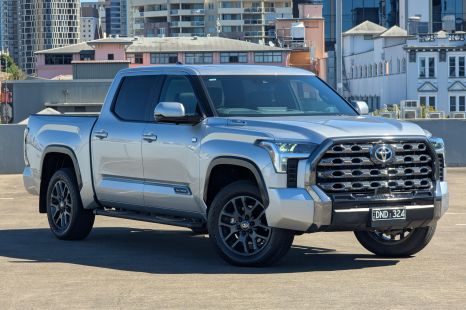

Damion Smy
3 Hours Ago
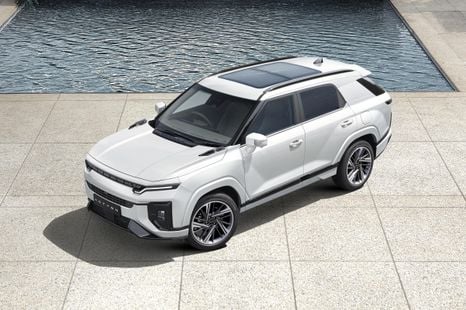

William Stopford
4 Hours Ago
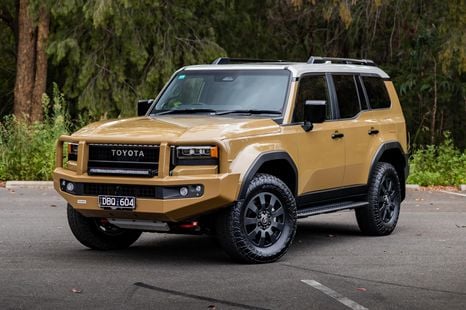

Damion Smy
4 Hours Ago
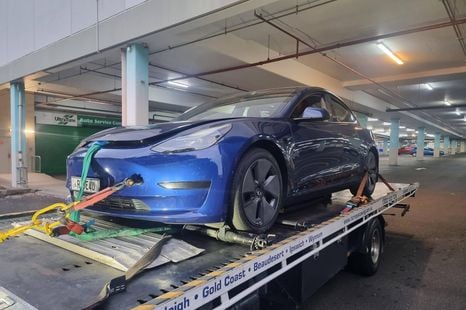

CarExpert
6 Hours Ago
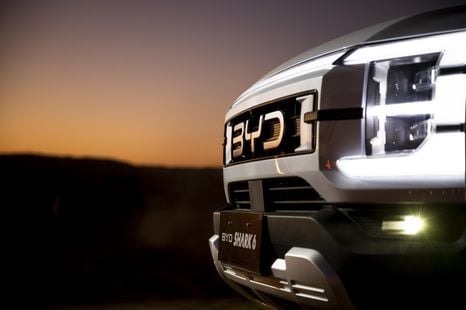

Damion Smy
7 Hours Ago